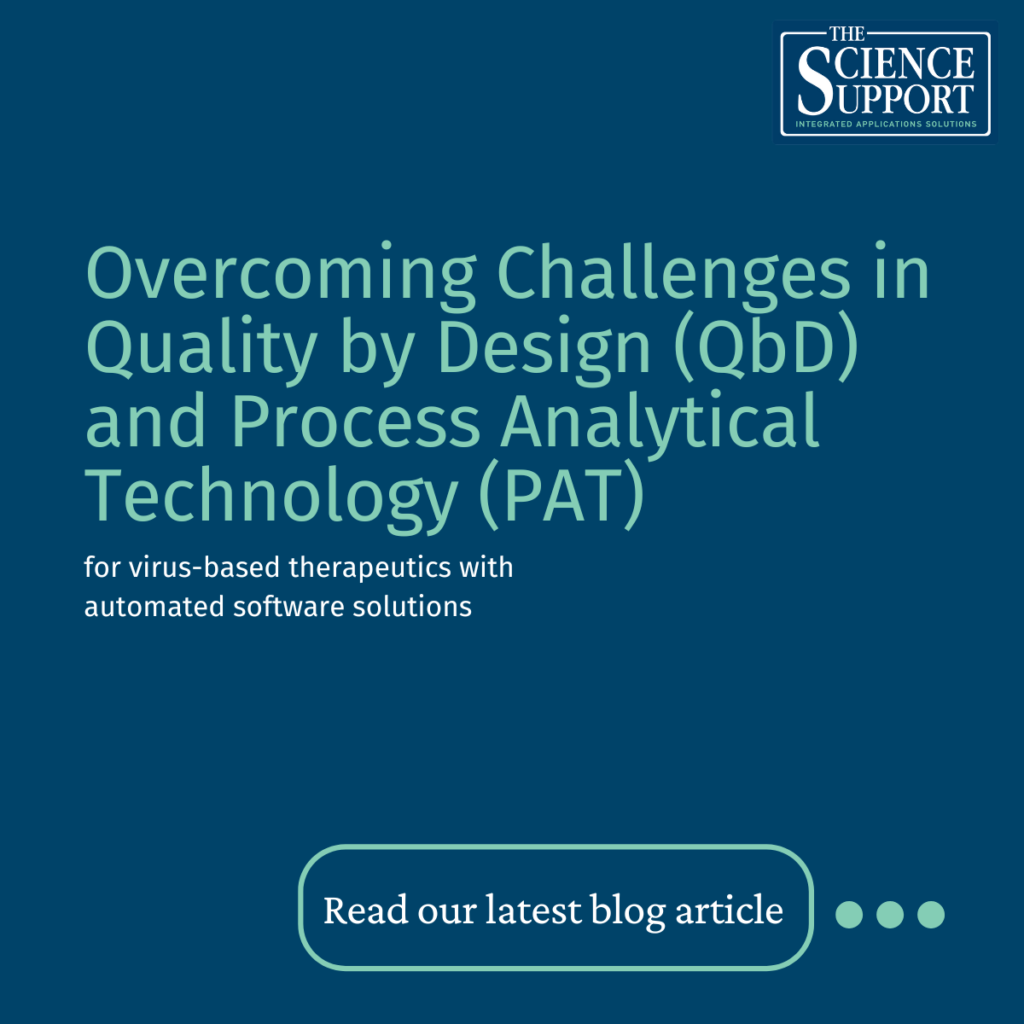The production of highly concentrated monoclonal antibodies (mAbs)1 is essential for therapeutic applications2, but it presents several technical challenges, particularly in the purification and formulation stages. Maintaining product stability, minimizing aggregation, and achieving high yields are critical factors that can impact both the efficacy and cost-efficiency of mAb production. Advanced chromatography systems, such as Cytiva’s AKTA™ chromatography systems, provide robust solutions to streamline these processes.
Challenges in Purification and Formulation of mAbs
Monoclonal antibodies are large, complex molecules that require precise handling during production. A few of the challenges that manufacturers face during their production are:
- Maintaining Product Stability: mAbs are prone to degradation, aggregation, and denaturation when subjected to variations in pH, temperature, and other conditions during purification and formulation.
- Minimizing Aggregation: Aggregation can negatively affect both the safety and efficacy of mAbs. This makes the development of formulations that maintain solubility at high concentrations a key priority.
- Achieving High Yields: Ensuring high recovery of the purified product while removing impurities and maintaining a stable, functional antibody is crucial for cost-efficient production.
How Chromatography Supports mAb Purification
Chromatography remains one of the most effective techniques for purifying monoclonal antibodies. It is widely used to isolate mAbs from complex mixtures, ensuring the removal of impurities while maintaining high purity levels. Cytiva’s AKTA chromatography systems, powered by the intelligent and intuitive UNICORN™ software, offer key advantages in addressing these challenges:
- Precision in Separation: AKTA systems are designed for accurate and reliable separation of biomolecules, which is crucial for maintaining mAb stability. The system’s control over pH and salt gradients helps reduce the risk of denaturation.
- Scalability: From research-scale to production-scale, AKTA systems allow seamless scalability, ensuring that purification protocols developed at the lab level can be effectively transferred to larger manufacturing processes.
- Automation and Customization: AKTA systems are equipped with advanced automation features, reducing the risk of human error and enhancing reproducibility. Additionally, they offer customizable options to fine-tune purification processes according to specific mAb properties.
Minimizing Aggregation and Optimizing Formulation
Maintaining mAb solubility and preventing aggregation is especially challenging at high concentrations. Cytiva’s AKTA systems allow for multi-step purification processes that can be designed to minimize stress on the product, thereby reducing the likelihood of aggregation. Coupled with formulation development tools, these systems enable better control over excipient selection and formulation conditions, ensuring that mAbs retain their stability and functionality over time.
Moreover, AKTA systems integrate with downstream analysis techniques, such as high-throughput screening, enabling early identification of aggregation-prone conditions during purification.
As the demand for therapeutic mAbs continues to rise, improving the efficiency and quality of their production is critical. Chromatography systems like Cytiva’s AKTA platform offer robust, scalable solutions that help streamline the purification and formulation processes, ensuring high yields, product stability, and minimal aggregation.
At The Science Support, we can help you overcome purification and formulation challenges thanks to our long-standing collaboration with Cytiva, a provider of leading life sciences brands and technology. You may more information about our comprehensive solutions in biotechnology and biopharmaceutical applications here.
Sources:
- World Health Organization website. Monoclonal Antibodies (mABs). Accessed on 22 October 2024.
- Malik, B., Ghatol, A. 2023. Understanding How Monoclonal Antibodies Work. National Library of Medicines. National Center for Biotechnology Information.



